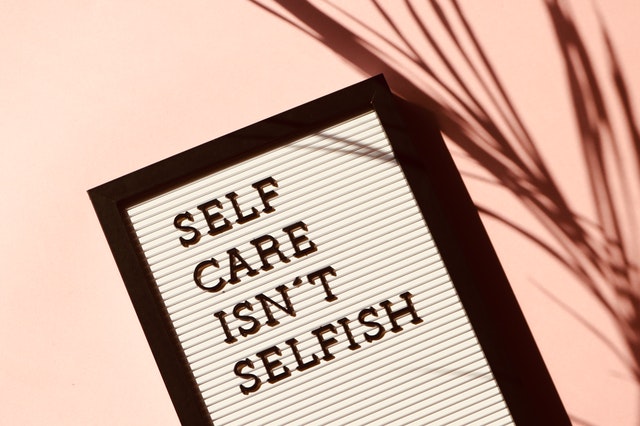Some of us may be in our 3rd, 4th or 5th week in isolation with many countries observing some level of lockdown measures. WHO recommends people treat the current situation as a marathon, not a sprint. As a result, many people are working remotely for the first time and having to rely on online connection to meet their social and emotional needs. While many people are comfortable with being online daily for personal and professional reasons, these circumstances are unprecedented. In a self-isolation situation, we are navigating the restrictions on how we normally practice self-care and maintain great mental health.
With this in mind, our mental health is a key priority.
Our emotional state and cognitive functioning influences how we act and our life experience resulting from those actions. It also impacts how we respond to others and the quality of those interactions.
Below are suggestions for improving, honouring and maintaining your optimal mental health state.
- In times of uncertainty, notice what is in your control. Familiar routines help us feel grounded and centred. This could be work or learning time, exercise sessions, meals, or setting aside fixed time for an interest or hobby. Personal hygiene routines such as washing your hair, nail care or taking a bath can feel surprisingly good in times of tension.
- Social connection: Research in grief and shame shows that we are hardwired for connection with others, so feeling isolated or lonely can be difficult for many of us. Map out your support network on paper – who are the people you trust the most? Who do you feel inspired by? Who can you open up to and share anything with? Who are you concerned about and want to support?
Are you getting enough time with these people? Have dinner or coffee over video calls with friends and family. Organise online get togethers for spending time indulging a shared interest, such as books, cooking, painting, music, movies.
There are also many opportunities right now to join online classes, networking events and social gigs, many of them for free.
- Online time: How are you honouring your personal boundaries regarding your use of social media and online information?
While online technology provides opportunities to connect with others, keep up to date and be entertained in an instant; now is a great moment to balance out exposure to screens and being plugged in. Try catching up with others via voice calls or voice messages so you’re not constantly looking at a screen.
If you keep up with news updates, check out positive news sites to balance the information and perspectives you are exposed to. How are you utilising technology to serve you?
- Be nourished by nature. Even if you can’t be outdoors, you can enjoy the benefits of connecting with nature. Research in the mindfulness field shows that even pictures of nature can be effectively used for calming techniques. Indoor plants and gardens provide a natural focus for encouraging relaxation and quieting mind chatter, which in turn helps improve stress levels and concentration.
- Research in the volunteer sector shows contributing and being generous with our time and energy helps us feel good and positively impacts our mental state. How can you contribute or support others at this time? Maybe it’s continuing to care for those in your household, maybe it’s helping out people in your community, maybe being part of an online aid mission, maybe offering your skills to help out colleagues.
- Release and express your feelings. It is natural for all of us to feel a spectrum of emotions daily. There aren’t negative or positive emotions; all emotions serve a purpose and indicate what’s going on for us at thought level. Feeling angry? Thump pillows or twist a towel. Feeling sad? Let yourself cry or feel emotional. Feeling frustrated with the restrictions on freedom to go out? Dance, sing, move. Emotions are energy in motion, so moving helps shift your emotional state.
- Address deep concerns such as extreme stress or anxiety. There are many websites and helplines with mental health information and support. Many counsellors and mental health practitioners work online so you can continue to access support for deeper concerns.
- Keep Pioneering. Consider bears in hibernation; resting for a season; or people who live in the mountains, meditating for self-realisation. No need to be as extreme but get inspired and creative as to how we can take care of ourselves at this time. Starting with ourselves means we are also more able to take care of others.






Leave a Reply